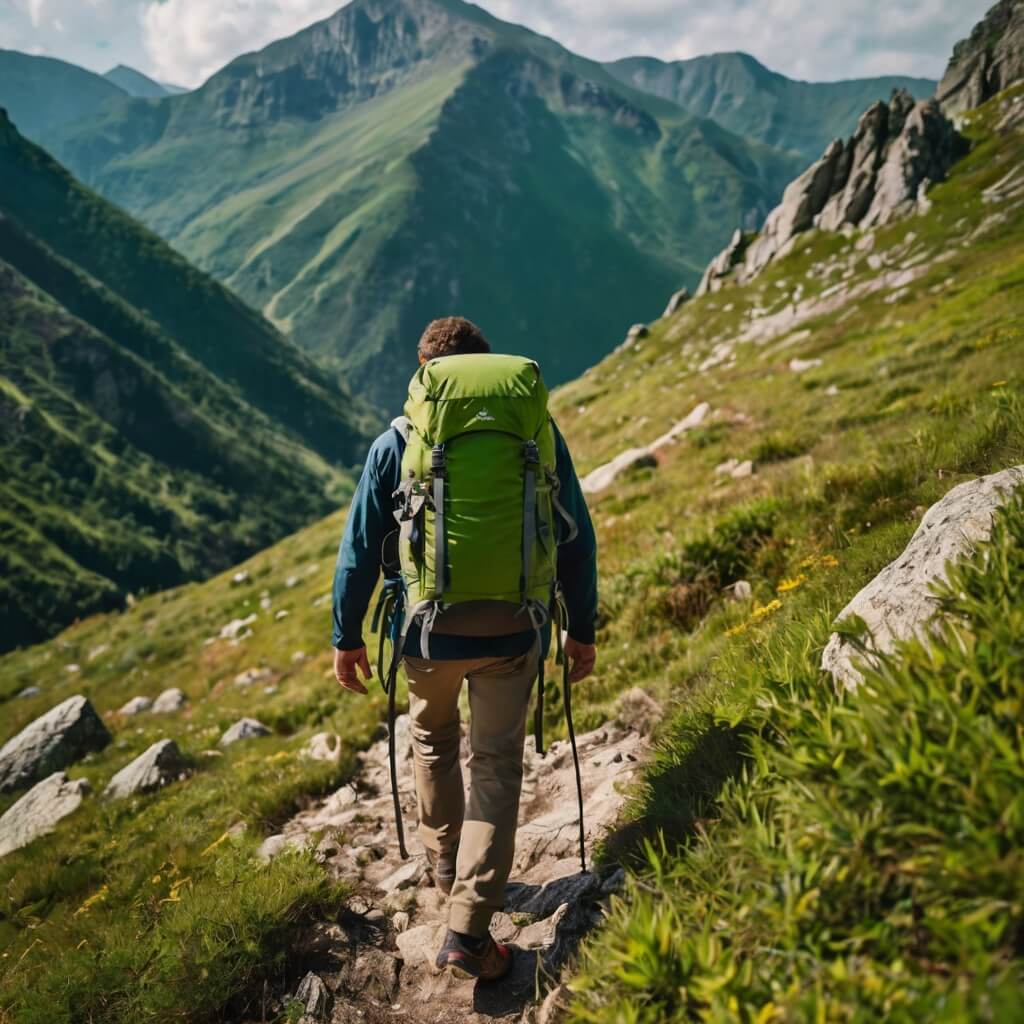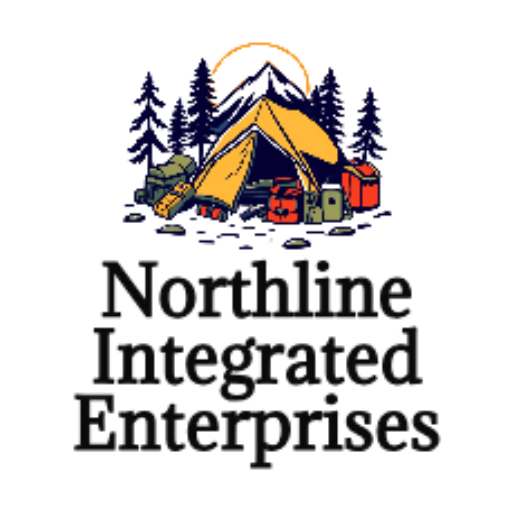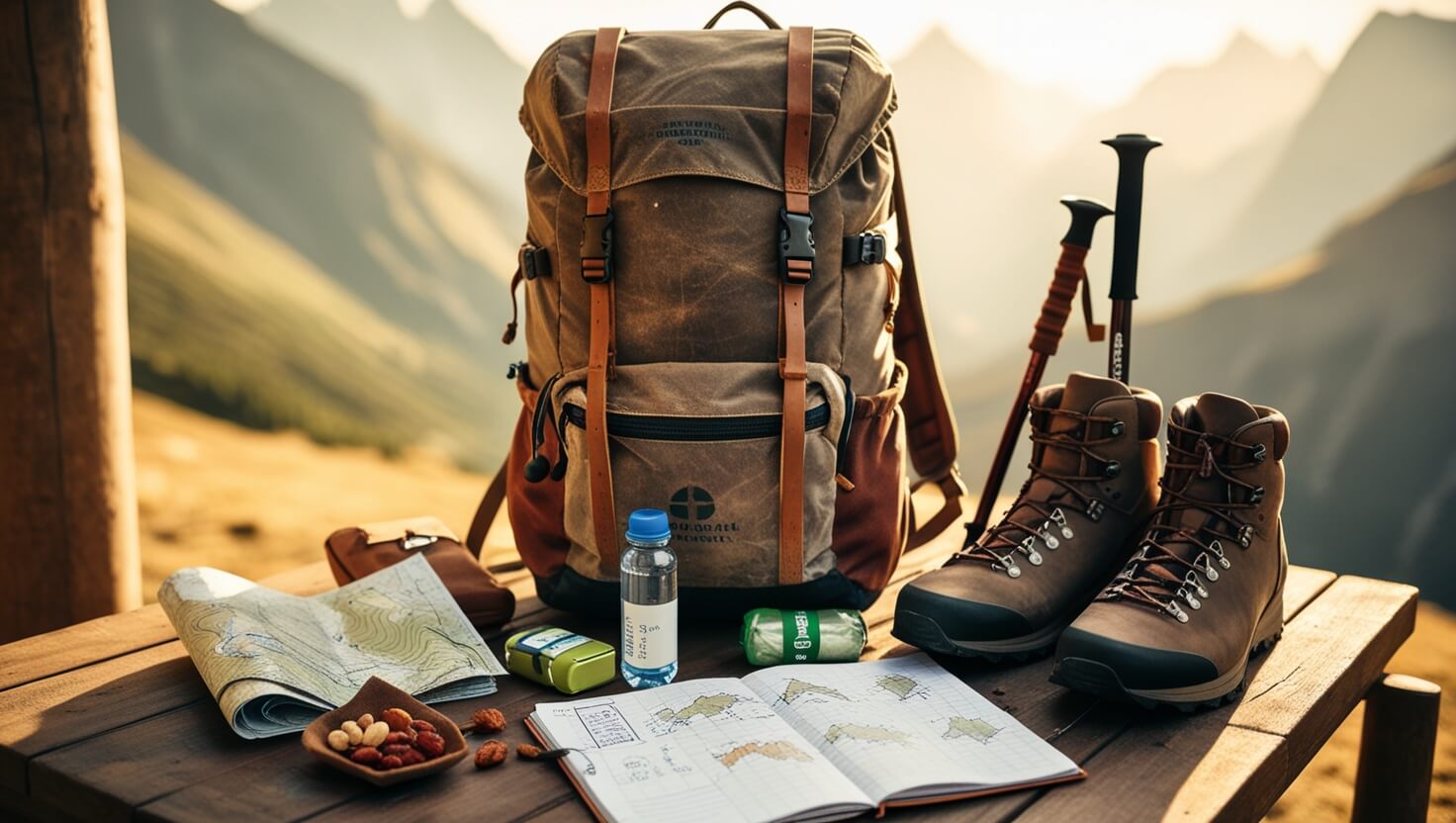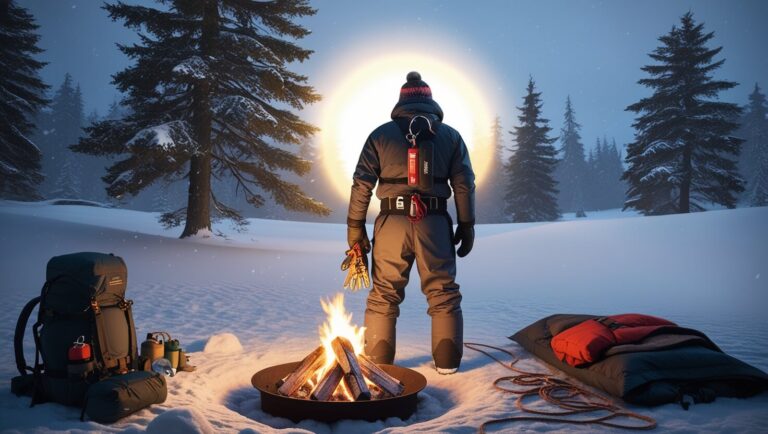Camping in the high mountains is an exhilarating adventure that offers breathtaking views, challenging terrain, and unforgettable experiences. However, it requires careful planning, essential camping gear, food, and knowledge to ensure a safe and enjoyable journey. In this guide, we’ll cover everything you need to know to embark on a successful high-mountain camping trip.
Planning and Preparation
- Weather Forecast: Check the weather forecast to avoid unexpected storms or extreme temperatures.
- Permits and Regulations: Obtain necessary permits and familiarize yourself with local regulations.
- Physical Condition: Assess your physical fitness level and choose trails suitable for your experience.
- Group Size: Assemble a team of 3-5 experienced campers for mutual support.
- Emergency Contacts: Leave your itinerary with a trusted friend or family member.
Essential Camping Gear
- Waterproof tent
- Sleeping bag
- Sleeping pad
- Ground tarp
- Hiking boots
- Insulating layers (fleece, down)
- Waterproof jacket and pants
- Base layers (moisture-wicking)
- First aid kit
- Headlamp and extra batteries
- Portable stove
- Fuel and cooking pot
- Water filter
- Water bottle or hydration bladder
- Food storage containers
- Map and compass
- GPS device
- Emergency whistle
- Firestarter (matches, lighter)
- Satellite phone/ Cell Phone

Food and Nutrition
- High-Calorie Foods: Trail mix, energy bars, and dried fruits.
- Dehydrated Meals: Lightweight and compact options.
- Fresh Food: Pack fresh fruits and vegetables for shorter trips.
- Water Purification: Ensure access to safe drinking water.
Camping Tips and Best Practices
- Choose a Safe Campsite: Avoid avalanche zones, steep slopes, and water sources.
- Set Up Camp: Arrive before dark and secure your tent.
- Manage Waste: Pack out human waste and toilet paper.
- Respect Wildlife: Store food and trash properly.
Emergency Preparedness
- Altitude Sickness: Recognize symptoms and descend if necessary.
- Injuries: Treat wounds and stabilize fractures.
- Weather Emergencies: Seek shelter and stay informed.
Camping in the high mountains requires careful planning, essential gear, and knowledge. By following this guide, you’ll be well-prepared for an unforgettable adventure. Remember to respect the wilderness, prioritize safety, and enjoy the breathtaking beauty of the high mountains.


